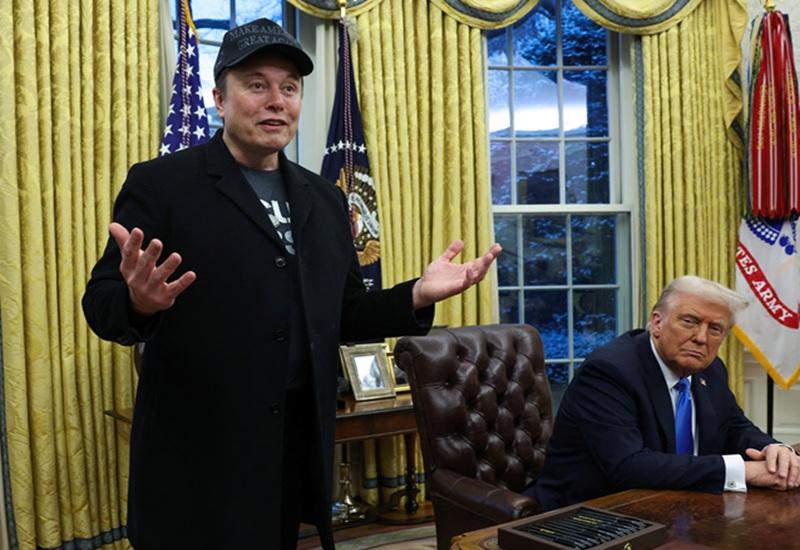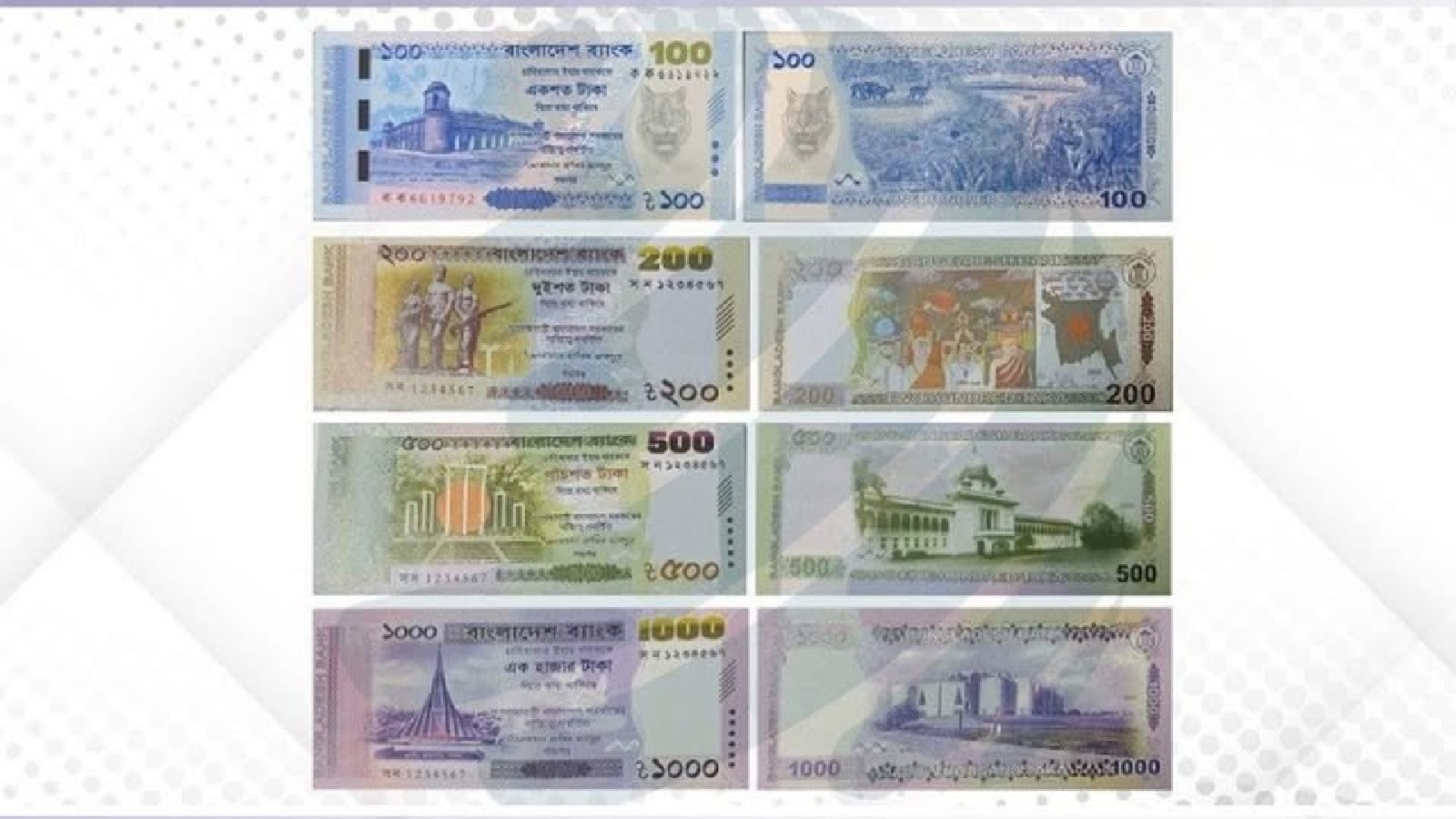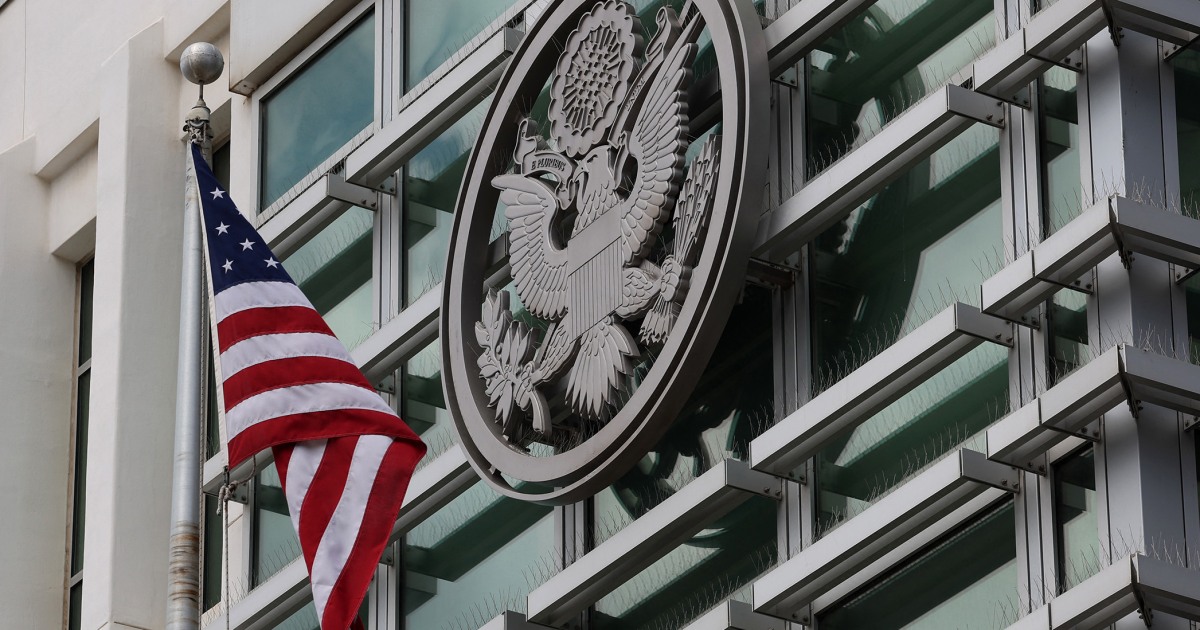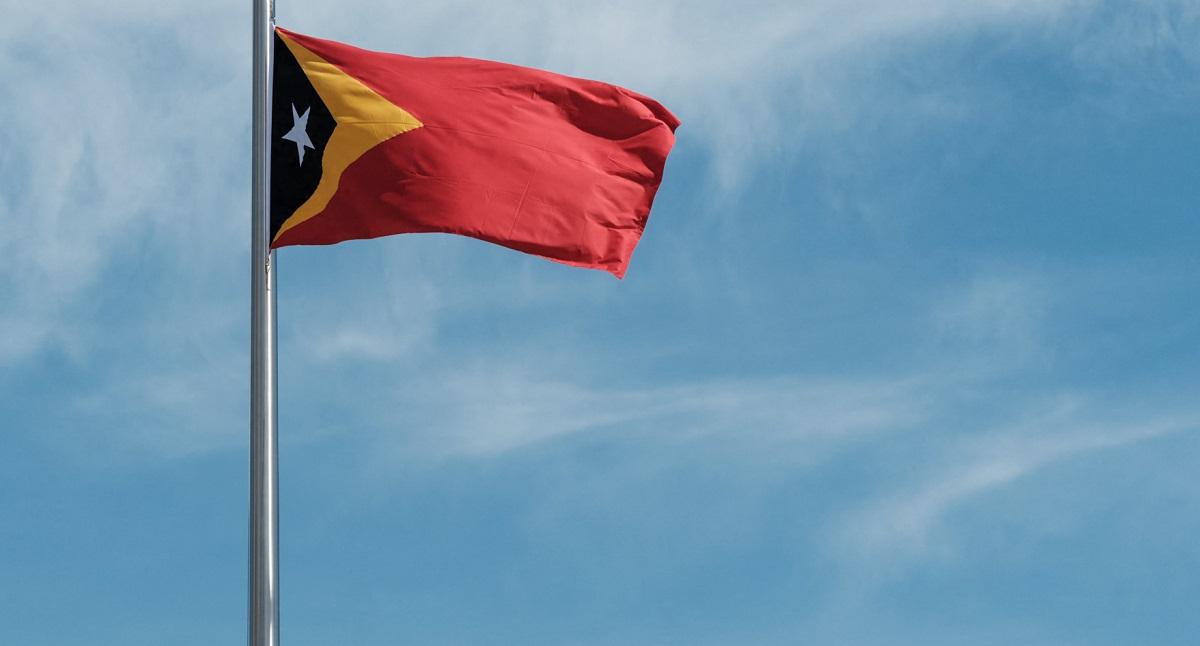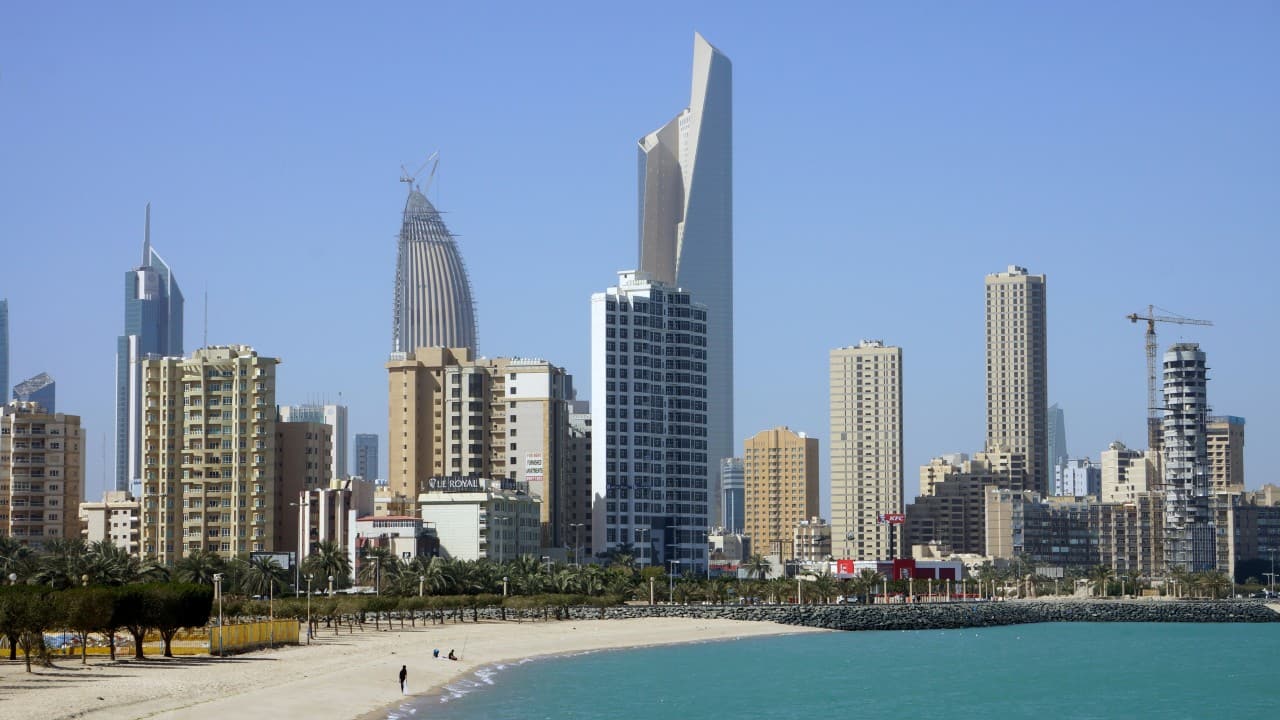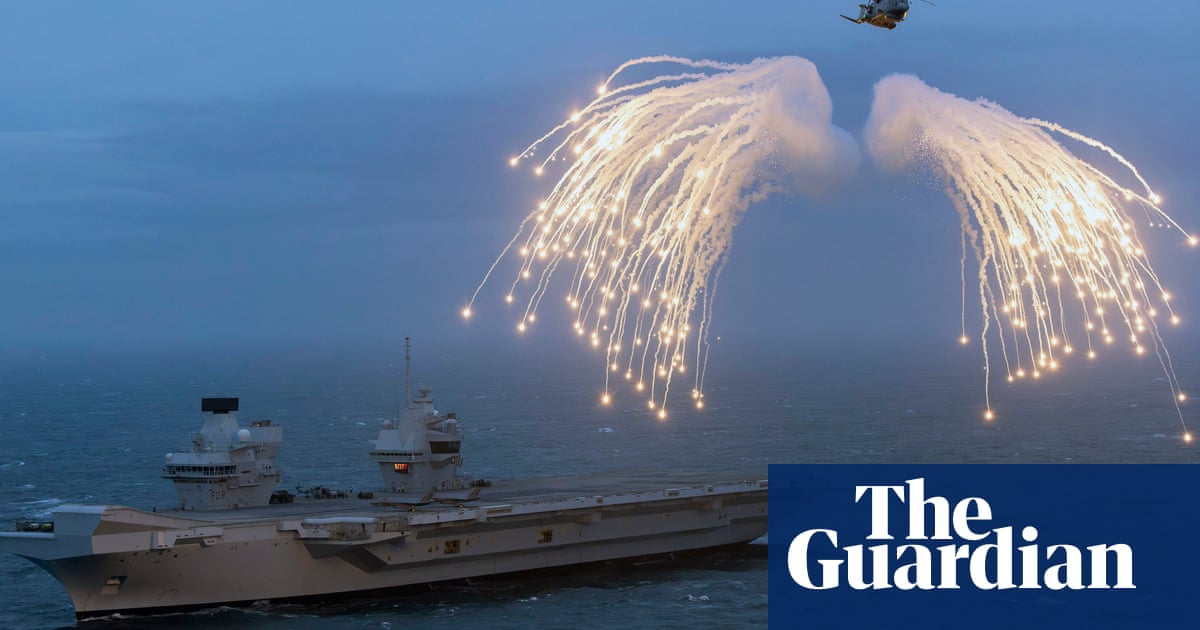Rodrigo Duterte's Mayoral Win: A Political Dilemma for the Philippines

In the ongoing saga of Philippine politics, voters have granted a significant victory to former President Rodrigo Duterte, who has secured the mayoral position in his hometown of Davao City. This win, which was anticipated given the Duterte family's long-standing dominance in the region, presents a unique challenge for the Philippines.
Rodrigo Duterte, who is currently detained thousands of kilometers away, faces charges at the International Criminal Court (ICC) in The Hague for crimes against humanity linked to his controversial war on drugs. This brutal campaign, which he himself has publicly endorsed, is believed to have resulted in the deaths of thousands, including many innocent civilians caught in the crossfire.
As an 80-year-old political figure, Duterte's legal battles have made headlines, and his upcoming hearing in September adds to the complexity of his situation. Experts suggest that there is a legal quagmire concerning whether he can take the oath of office for mayor from behind bars. The ICC's decision on this matter will be crucial, particularly since it could involve the possibility of him being sworn in remotely, potentially through a video call.
Should he be permitted to assume the role of mayor, critical questions arise about the practical implications of his governance. How could he effectively lead a city from a detention center, especially when his access is limited to phone calls and family communication, devoid of internet connectivity? It raises significant concerns about the functionality of the mayor’s office and the daily operations of local government.
Under Philippine law, should Duterte be unable to take the oath himself, day-to-day responsibilities could pass to his youngest son, Sebastian Duterte, who was recently elected as vice mayor. However, political analysts also point out that if the elder Duterte cannot be sworn in, the mayoral role might default to Karlo Nograles, who is from a rival political dynasty in Davao City, thereby potentially igniting further legal disputes.
Political analyst Ramon Beleno, a former professor at Ateneo de Davao University, opines that giving the mayoral position to Nograles could provoke a legal challenge from the Duterte family, intensifying the already contentious political climate.
Despite the controversies, Duterte continues to wield significant influence, particularly in Davao City, where many residents attribute their sense of security to his stringent law enforcement policies during his tenure as mayor prior to his presidency. His legal counsel, Nicholas Kaufman, expressed that the overwhelming support for Duterte in the recent midterm elections reflects a public rejection of the current administration's efforts to diminish his legacy.
In a statement to CNN, Kaufman remarked that any swearing-in ceremony would adhere to the laws of the Philippines, emphasizing that discussions about the process are ongoing with Duterte's legal team.
Voters appeared to approach this election as Duterte's 'last hurrah,' demonstrating a collective reverence for the former president amidst the turmoil of his legal situation. The Duterte family's political grip remains strong, as evidenced by the success of all five family members who ran for office, including Duterte’s son Paolo, who was re-elected to Congress.
However, there is concern over Sebastian Duterte, who, although elected as vice mayor, may not possess the same commanding presence as his father. Beleno highlights the pressures mounting on him as he steps into a role that has significant responsibilities, especially if he must fill in for his father.
The recent midterm elections have also been seen as a reflection of the turbulent relationship between President Ferdinand Marcos Jr. and Vice President Sara Duterte-Carpio, marking a shift from former allies to political rivals. Amidst impeachment complaints against her, the vice president is faced with a challenge to maintain her position without the backing of a dominant Senate.
Political experts note that the electorate is growing weary of the ongoing conflict between the Dutertes and the Marcoses. The Filipino public’s patience seems to be waning, and many are calling for a resolution to the persistent bickering. For now, however, the political deadlock continues, leaving the question of Rodrigo Duterte's potential return to power as mayor hanging in the balance.













